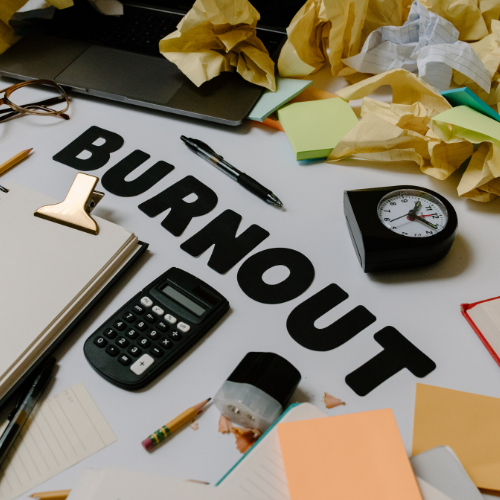
Presenteeism in the workplace occurs when an employee comes to work despite feeling tired or unwell, considerably reducing their productivity. This problem is especially common among remote or hybrid employees, as they are more likely to not feel the need to take sick leave when they’re feeling unwell. It is also common among older workers, workers suffering from insomnia or mental health issues (e.g., anxiety and depression), and those with unhealthy lifestyles.
Presenteeism is often caused by poor workplace culture. Employees who fear losing their job or missing out on career opportunities are more likely to come to work or refuse to take paid time off when they feel unwell. This is particularly true when employees feel their work can’t be easily transferred or covered without consequences to quality, completion times or interpersonal relationships. According to the Institution of Occupational Safety and Health, presenteeism can lead to the following issues in workers:
Increased stress and fatigue
- Worsened mental health
- Lowered morale and cognitive function
- Increased recovery time after injuries and illnesses
Furthermore, presenteeism can increase the risk of near-misses and accidents on the job—thus posing significant workplace safety concerns. To avoid presenteeism, consider the following tips:
- Don’t come to work if you feel unwell.
- Take paid time off as needed.
- Consider modifying your work schedule to better fit your needs.
- Eat a well-balanced, low-fat diet and exercise regularly to keep your body healthy and boost your mood.
- Improve your sleep schedule by establishing a consistent bedtime routine, passing on coffee after midday and avoiding electronics before bedtime.
- Practice self-care by taking time to do activities that you enjoy.

Operation Safe Driver Week
Operation Safe Driver Week is an annual seven-day initiative created by the CVSA to help

7/17 Panel Recap & Financial Insights
Stepping into summer 2024, the insurance landscape continues to present challenges and opportunities for businesses

Employee Spotlight: Adam Knapp
Seubert welcomes Adam Knapp to the agency’s Commercial Lines Division as a Technical Account Manager.
